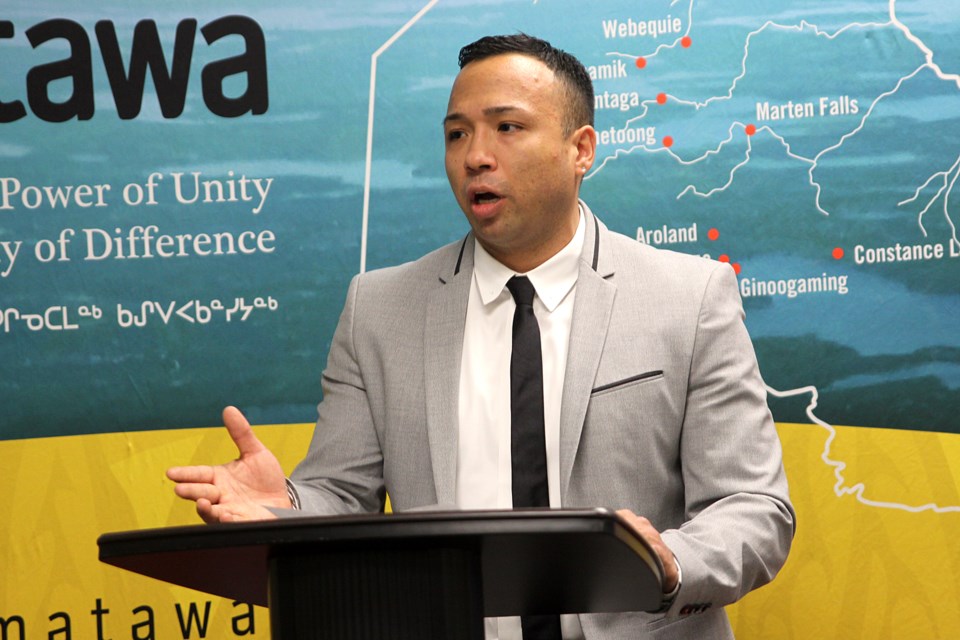FORT WILLIAM FIRST NATION — The Ring of Fire is at the centre of a research project looking at human rights and the mining sector.
Ongoing research being done by the Anishnawbe Business Professional Association and the International Human Rights Program at the University of Toronto’s Faculty of Law is aiming to show the mining sector, and the business world at large, the financial implications of focusing on human rights when dealing with Indigenous communities.
The project includes reviews of roughly 20 to 25 mining companies that are operating in northern Ontario, specifically the Ring of Fire.
The research is focusing on how industry is doing in adopting the 92nd call to action issued by the Truth and Reconciliation Commission, which calls on the corporate sector in Canada to adopt the principles in the United Nations Declaration on the Rights of Indigenous Peoples (UNDRIP), specifically through commitments to meaningful consultation and consent, ensuring equitable access to jobs and training opportunities, and educating management and staff on the history of Indigenous people in Canada, including residential schools and treaty rights.
“Companies need to have a plan to respond and ensure that their reconciliation efforts are being done in a way at the highest standard possible to avoid issues where they may be misleading their shareholders or their investors on the status of their relationships with Indigenous peoples and the disclosures that they have in a corporate setting,” said Jason Rasevych, president of the board of the Anishnawbe Business Professional Association.
The association is a not-for-profit that advocates for the business interests across Treaties 3, 5, and 9, as well as Robinson-Superior and Robinson-Huron Treaty areas.
The reviews themselves are focusing on things like company sustainability reports, whether they have documented commitments to UNDRIP and the doctrine of free, prior and informed consent, and policies or frameworks for Indigenous relations.
Work started last fall, Rasevych said, and over the next couple of months will also include one-on-one interviews with Indigenous leaders in the region. He added that they intend to either present a preliminary report or make some recommendations at the Prospectors and Developers Association conference in Toronto in early March.
As for the importance of work like this and ensuring that proper consultation is done, Rasevych points to issues like the multi-billion dollar lawsuit filed by 10 Treaty 9 communities against senior levels of government in the spring of 2023 over how the lands are governed. A press release announcing the partnership also said that the work will showcase “successful examples and (develop) clear guidelines.”
“We're trying to provide value to corporations to show that there is a business case and there is a benefit related to having UNDRIP and (free, prior, and informed consent) in your policies and supporting Indigenous relations frameworks that are more robust than what we're seeing out there in the marketplace,” he said.
